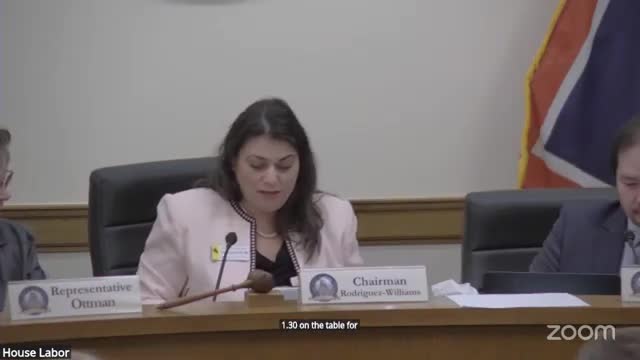Committee advances bill extending Good Samaritan protection to mental‑health crisis responders
Get AI-powered insights, summaries, and transcripts
Subscribe
Summary
Senate File 130 would add explicit Good Samaritan immunity for laypeople assisting someone in a mental‑health crisis, including peer‑support and faith‑based responders; committee passed it unanimously with one excused member.
The Labor, Health & Social Services Committee advanced Senate File 130 on Feb. 14 after sponsor Senator Rothfuss described the bill as clarifying existing Good Samaritan protections to explicitly include assistance during mental‑health crises.
Senator Rothfuss, sponsor of the bill, told the committee the measure inserts language into the state’s Good Samaritan statute to cover laypeople providing emergency assistance during a mental‑health crisis, including suicidal interventions, and to give confidence to peer‑support programs and community responders to render aid without fear of litigation.
“...this simply adds that language to ensure that if somebody has been participating in the governor's program, for example, to learn mental health first aid, that they would be covered,” Senator Rothfuss said.
Lindsay Semino of the Wyoming Behavioral Health Alliance testified in support, saying peer‑support groups, law enforcement peer programs and faith‑based responders have been deterred from offering help by concerns about liability. “The fear of litigation has deterred people both from being trained as well as starting these programs within their faith‑based churches, organizations and police forces,” Semino said.
Committee members asked for examples and clarifications. Semino said the bill is focused on mental‑health crises, particularly suicidal ideation and interventions short of involuntary commitment, and is intended to protect laypeople acting with good intent rather than licensed professionals. She said the measure does not extend to professionals’ clinical judgments.
Representative McCann asked whether the statute would cover physical restraint; Semino said she could not speak definitively to that point, and Senator Rothfuss said physical restraint would likely be beyond the ordinary scope of Good Samaritan protection.
Vice Chair Almond asked whether coverage depended on training. Semino said the protection applies to laypeople acting with good intent; licensed professionals would not be covered under this layperson provision.
No members of the public testified against the bill. The committee approved the bill on a roll call — recorded as 8 yeas, 0 nays, 1 excused — and asked Senator Rothfuss to work with a House member to carry the bill on the House floor.
